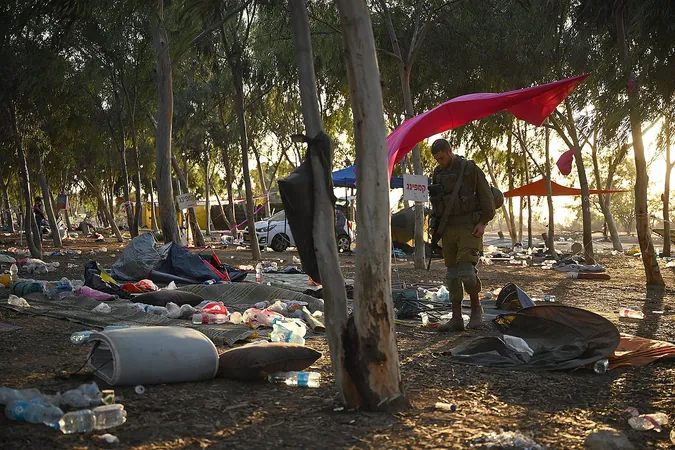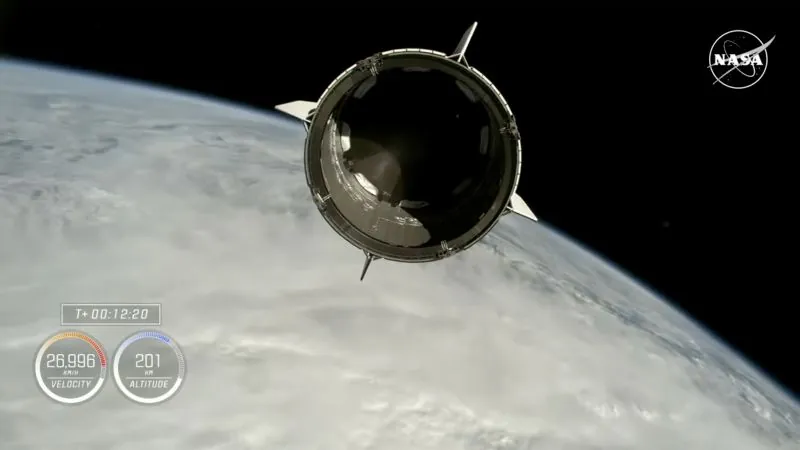
One Year After October 7: The Middle East on the Edge of Catastrophe
2024-10-06
One Year After October 7: The Middle East on the Edge of Catastrophe
A year has passed since Hamas militants launched a brutal attack on Israel, killing 1,200 individuals, mostly civilians, and kidnapping 251 others. This marked the onset of the deadliest conflict in the long and bloody legacy of warfare within the Palestinian territories. As we reflect on this anniversary, we find ourselves at a precarious juncture with a rising death toll that includes around 40,000 Palestinians in Gaza, approximately half of whom are civilians—a grim statistic that heralds potentially greater chaos to come.
As tensions escalate, Israel is now engaged in a rare three-front war for the first time in fifty years—intersecting conflicts in Gaza, Lebanon, and the occupied West Bank, with the looming threat of an involvement from Iran, potentially drawing in not only the U.S. but other global players. At this critical crossroads, it’s essential to revisit how the war began and explore possibilities for resolution before it spirals out of control.
The Catalysts for Conflict
The catastrophic invasion that occurred on October 7, 2023, stemmed from a combination of Hamas's desperation and Israel's complacency. The leadership in Israel's neighboring Sunni Arab countries—despite their public support for Palestinian rights—have largely neglected the Palestinian plight and express disdain for Hamas. Historically, these leaders have exploited the Palestinian issue as a means to distract from their internal failings, using it as a scapegoat for regional issues.
Recent geopolitics have seen some Sunni Arab nations forging alliances with Israel, particularly in light of shared fears regarding Iranian influence. With the potential normalization of relations between Saudi Arabia and Israel imminent, the Palestinian voices faced being silenced even further. The day before Hamas’s brutal invasion, Saudi officials indicated readiness to legitimize those ties, and then, in a flash, the dynamic shifted as war erupted.
This calculated offensive by Hamas was an attempt to derail these budding alliances. The group’s leadership explicitly stated their intent to revive the Palestinian issue at the forefront of international discourse.
Miscalculations on Both Sides
Israel's response to the attack suffered from critical intelligence failures. Many mid-level analysts had anticipated the assault but were dismissed by higher-ups who were fixated on developments in the West Bank. The lack of adequate military presence at the border during the invasion allowed Hamas to succeed in its initial assault. On the retaliatory side, Israel's heavy-handed bombing campaign in Gaza began shortly after the invasion, leading to significant civilian casualties and widespread outrage across the globe—further fanning the flames of protest in cities like New York and Toronto.
This conflict highlights a crucial narrative battlefield; where Hamas leveraged a catastrophe to ensure visibility for their cause, Israel's initial failure to engage with moderate Arab leaders or to showcase the horrors of the attack resulted in a mismanagement of their global image.
Escalation and the Role of Iran
As the war continued, Iranian involvement loomed ever closer. The missteps of both Hamas and Israel created a complex web of regional dynamics. Hezbollah showed restraint despite Hamas's hopes for a coordinated multi-front attack. Meanwhile, Israel prepared for a potential conflict with Hezbollah, even employing covert tactics such as sabotage against Hezbollah’s logistical capabilities.
The situation took a deadly turn when Israel launched a significant counter-offensive against Hezbollah targets, killing key leaders and initiating a broader conflict. In response, Iran fired missiles at Israeli targets, adding a new layer of danger to an already fraught landscape. With Biden's administration advocating for restraint, Israel faced difficult choices regarding its military response.
Looking Ahead: A Tenuous Future
As the anniversary of the October 7 attacks approaches, the trajectory of this conflict remains uncertain. Will Israel pursue further military engagement or seek diplomatic channels? How will Iran respond to Israel's actions? The world watches with bated breath, knowing that potential peace talks are frequently undermined by both sides' inability to reconcile their deeply entrenched positions.
Each day brings new threats, and the humanitarian crises continue to escalate. As the desire for resolution battles against the aspirations for victory, the stakes are higher than ever, echoing a cycle of violence that has persisted for decades. The Middle East continues to hold its breath, teetering on the brink of an explosion.
Stay Tuned: The Next Chapter in a Prolonged Conflict
As the region prepares for what may come next, analysts, diplomats, and global leaders are left to dissect, predict, and prepare for a potential turning point in this unfolding saga.

 Brasil (PT)
Brasil (PT)
 Canada (EN)
Canada (EN)
 Chile (ES)
Chile (ES)
 España (ES)
España (ES)
 France (FR)
France (FR)
 Hong Kong (EN)
Hong Kong (EN)
 Italia (IT)
Italia (IT)
 日本 (JA)
日本 (JA)
 Magyarország (HU)
Magyarország (HU)
 Norge (NO)
Norge (NO)
 Polska (PL)
Polska (PL)
 Schweiz (DE)
Schweiz (DE)
 Singapore (EN)
Singapore (EN)
 Sverige (SV)
Sverige (SV)
 Suomi (FI)
Suomi (FI)
 Türkiye (TR)
Türkiye (TR)